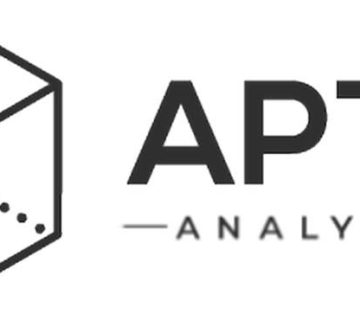The United States Internal Revenue Service (IRS) has introduced a temporary relief measure to address potential tax challenges for cryptocurrency holders using centralized finance (CeFi) brokers in 2025.
As explained by Shehan Chandrasekera, Head of Tax Strategy at CoinTracker, the relief mitigates complications stemming from the implementation of Section 6045 custodial broker regulations, which take effect on January 1, 2025.
IRS Crypto Relief
These regulations require centralized finance (CeFi) brokers to report cryptocurrency transactions and apply specific accounting methods for asset sales, as per Chandrasekera’s tweet.
If holders do not choose a preferred accounting method – such as Highest In, First Out (HIFO) or Specific Identification (Spec ID) – brokers will default to First In, First Out (FIFO). This default method can increase tax liabilities, particularly in a bullish market, by prioritizing the sale of the earliest purchased assets, which often have the lowest cost basis.
The problem was further escalated by the fact that, as of January 1, 2025, most CeFi brokers were not ready to support Spec ID accounting. Recognizing this challenge, the IRS issued Notice 2025-7 which aimed to provide temporary relief for cryptocurrency sales conducted on CeFi exchanges between January 1 and December 31, 2025.
The relief allows taxpayers to bypass the default FIFO method by using their own records or crypto tax software to specify which assets are being sold, offering greater flexibility during this transitional period.
No Immediate Action Required
Chandrasekera clarified that this relief is automatic and requires no immediate action from taxpayers. However, starting January 1, 2026, CeFi users must select an accounting method with their brokers to avoid defaulting to FIFO. By this time, most brokers are expected to support a variety of accounting options, streamlining tax compliance.
Meanwhile, taxpayers are also urged to maintain detailed records or use reputable crypto tax software to ensure accurate reporting and alignment with their chosen accounting methods. Failure to do so could result in default FIFO sales, which may not be idea
Go to Source to See Full Article
Author: Chayanika Deka







